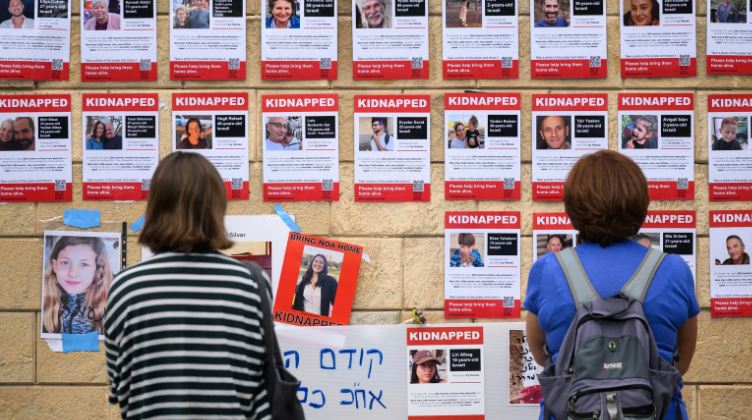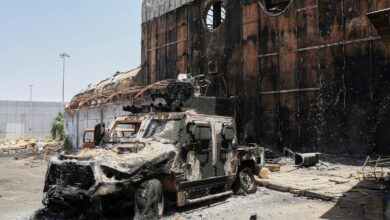Hostage Talks Progress Amidst Israel-Hamas Conflict in Gaza


As the conflict between Israel and Hamas continues to escalate in Gaza, a glimmer of hope emerges in the realm of diplomacy with significant progress in hostage negotiations. Despite the ongoing violence, both parties have shown a willingness to engage in talks concerning hostages, marking a rare instance of potential cooperation in a region fraught with longstanding animosity.
The Complexity of Negotiations
The negotiations, shrouded in secrecy and facilitated by international mediators, are a complex endeavor. The stakes are high as both sides possess what the other desperately wants: the return of their nationals. Israel seeks the return of civilians and the bodies of soldiers held by Hamas, while Hamas demands the release of Palestinian prisoners from Israeli jails.
Challenges and Hopes
These talks are not without their challenges. Trust is scarce, and the shadow of violence looms large over every meeting. However, the fact that these discussions are happening at all is a significant development. It represents a rare convergence of interests that could, if successful, pave the way for more substantial negotiations on other contentious issues.
International Response
The international community, particularly countries with influence over either party, views these talks as a critical step towards de-escalation. Diplomatic efforts are intensifying to ensure that this opportunity is not lost amidst the chaos of the conflict.
Impact on Gaza
In Gaza, the civilian population, long-suffering from the effects of the blockade and recurrent hostilities, views these talks with a mix of skepticism and hope. The successful negotiation for the return of hostages could be a precursor to broader peace efforts, offering a respite from the cycle of violence.
The Road Ahead
While the path to a lasting peace is long and fraught with obstacles, the progress in hostage talks provides a rare beacon of hope. It underscores the potential for dialogue even in the most challenging circumstances and serves as a reminder that diplomacy, despite its complexities, can pave the way for resolutions in seemingly intractable conflicts.





